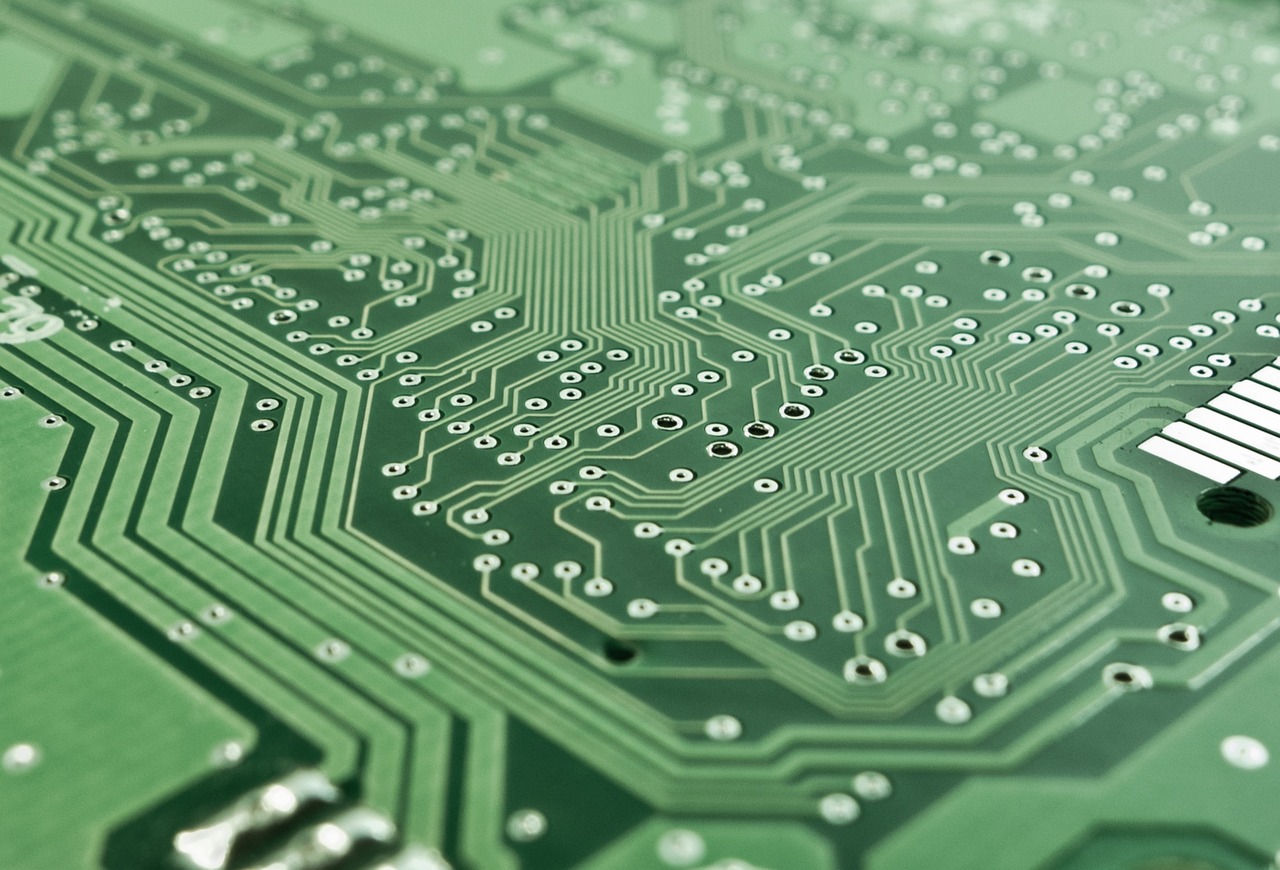Biotechnology: A Transformative Science for the 21st Century
Biotechnology, a field that merges biological systems with technology, has sparked a revolution in our understanding and manipulation of living organisms. With its wide-ranging applications, it holds immense potential to address global challenges in healthcare, agriculture, and sustainability.
Applications of Biotechnology
Healthcare
- Diagnostics: Biotechnology enables the development of precise diagnostic tests to identify diseases at early stages, allowing for timely treatment.
- Therapeutics: Gene therapy, tissue engineering, and monoclonal antibodies are some examples of biotechnology-driven therapies for various diseases.
- Regenerative Medicine: Stem cell research and cell-based therapies aim to repair damaged tissues and organs, enhancing patient outcomes.
Agriculture
- Crop Improvement: Genetic engineering techniques enhance crop yields, resistance to pests and diseases, and nutritional content.
- Livestock Breeding: Biotechnology advancements assist in selective breeding for desirable traits in livestock, improving productivity and sustainability.
- Biopesticides and Biofertilizers: Biotechnology offers alternatives to chemical pesticides and fertilizers, promoting environmentally friendly agricultural practices.
Industrial Biotechnology
- Biofuels: Biotechnology contributes to the production of renewable fuels from plant biomass, reducing greenhouse gas emissions.
- Bioplastics: Biodegradable plastics derived from renewable resources are developed using biotechnology, offering sustainable packaging solutions.
- Bioremediation: Biotechnology-based technologies clean up environmental pollutants, such as oil spills and hazardous waste.
Research and Development
- Bioinformatics: Computational tools analyze vast biological datasets to identify disease-causing genes and develop personalized treatments.
- Synthetic Biology: This emerging field involves engineering artificial biological systems to create novel materials and therapies.
- Genome Editing: CRISPR-Cas technology empowers scientists to precisely alter DNA, enabling gene correction and potential cures for genetic diseases.
Benefits of Biotechnology
- Improved Healthcare: Early detection, targeted therapies, and regenerative treatments enhance patient outcomes and reduce healthcare costs.
- Increased Food Production: Biotechnology-enhanced crops provide higher yields and improved nutritional value, addressing global hunger challenges.
- Reduced Environmental Impact: Biofuels, bioplastics, and bioremediation contribute to a greener and more sustainable planet.
- Accelerated Innovation: Bioinformatics, synthetic biology, and genome editing tools accelerate research and empower scientists to address complex biological problems.
Conclusion
Biotechnology continues to transform the world, offering solutions to pressing challenges in healthcare, agriculture, and sustainability. As research and development advance, we can expect even more groundbreaking applications in the future. The responsible and ethical application of biotechnology holds immense promise for improving human health, ensuring food security, and protecting our planet. Embracing this transformative field is crucial for creating a brighter and more sustainable future for generations to come.
